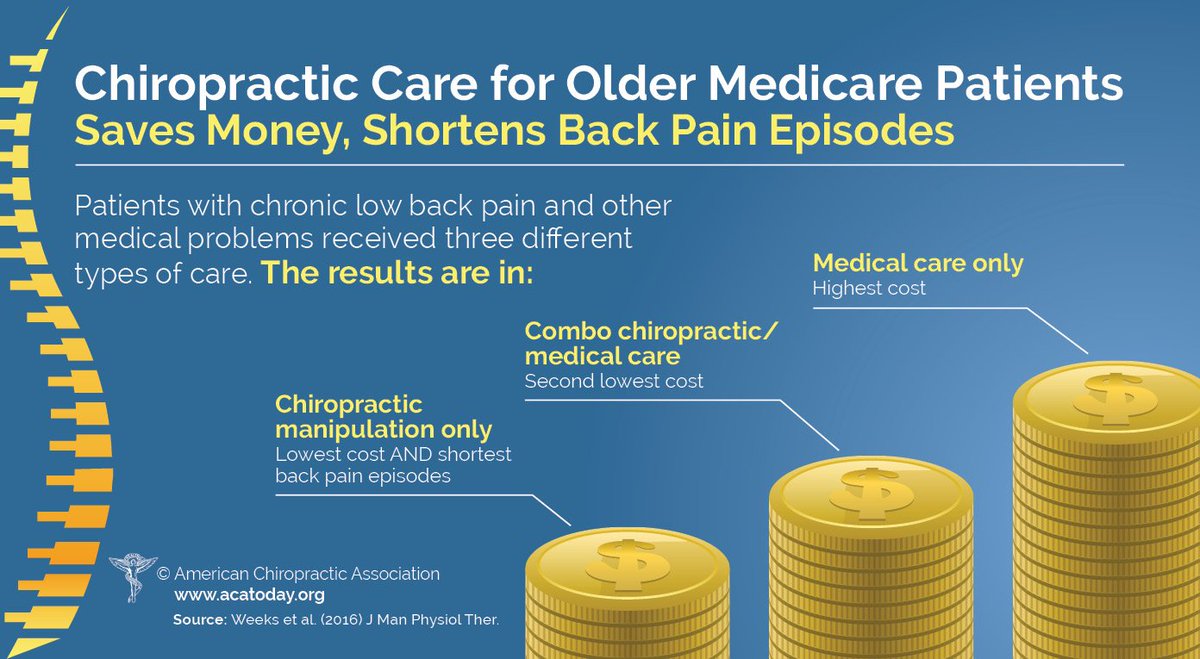The Influence Of Diet On Back Pain Administration: Foods To Integrate And Foods To Leave Out
The Influence Of Diet On Back Pain Administration: Foods To Integrate And Foods To Leave Out
Blog Article
Post By-Cochrane Jordan
When it comes to managing your neck and back pain, the food choices you make can significantly influence how you feel every day. Visualize having the ability to alleviate your pain just by readjusting what you consume. By recognizing the function of nutrition in pain in the back monitoring and recognizing which foods to incorporate or steer clear of, you can take aggressive actions in the direction of a healthier and extra comfy way of life. The connection between nourishment and back health is more extensive than you might understand-- let's check out just how certain foods can either calm or intensify your neck and back pain.
Significance of Nutrition in Pain In The Back
Nutrition plays a critical function in managing neck and back pain. Your diet regimen can significantly affect inflammation levels and general pain degrees in your back. Eating a well balanced diet plan abundant in nutrients like vitamins D and K, calcium, magnesium, and omega-3 fatty acids can help reduce inflammation and strengthen bones, which are vital for back health and wellness.
In addition, maintaining a healthy weight via appropriate nutrition can minimize stress on your back, lowering the threat of neck and back pain.
Additionally, certain nutrients like antioxidants found in fruits and vegetables can help combat oxidative anxiety and advertise healing in the body, including the back muscle mass and back.
On the other hand, eating extreme quantities of refined foods, sweet drinks, and unhealthy fats can add to inflammation and weight gain, worsening back pain.
Foods to Consume for Back Health
To support a healthy back, integrating nutrient-rich foods into your daily meals is key. Including https://chiropractor-spinal-adjus85172.dreamyblogs.com/31547094/chiropractic-care-look-after-anticipating-moms-advantages-for-pregnancy-and-postpartum-recuperation in anti-oxidants like berries, spinach, and kale can help reduce inflammation in your back, reducing discomfort and discomfort. Omega-3 fatty acids discovered in fatty fish such as salmon and mackerel have anti-inflammatory residential or commercial properties that can profit your back wellness.
Furthermore, taking in nuts and seeds like almonds, walnuts, and chia seeds provides vital nutrients like magnesium and vitamin E, which support muscle function and minimize oxidative tension. Incorporating https://www.usnews.com/news/best-states/missouri/articles/2021-04-16/missouri-chiropractor-accused-of-false-covid-19-cure-claims as hen, turkey, and tofu can assist in muscle mass repair work and maintenance, promoting a strong back.
Do not neglect to consist of dairy products or fortified plant-based options for calcium to sustain bone wellness. Lastly, hydrate with lots of water to keep your spinal discs hydrated and working ideally. By including these nutrient-dense foods in your diet plan, you can nourish your back and support general spine health and wellness.
Foods to Avoid for Pain In The Back
Select avoiding refined foods high in sugarcoated and trans fats when seeking relief from neck and back pain. These sorts of foods can contribute to swelling in the body, which may aggravate back pain. Say no to sweet treats like candy, pastries, and sweet beverages, along with fast food products like burgers, fries, and fried hen that are often filled with trans fats.
In addition, avoid foods consisting of high levels of polished carbohydrates, such as white bread, pasta, and breads, as they can increase blood sugar levels and potentially get worse swelling in the body.
It's likewise a good idea to restrict your intake of foods high in saturated fats, like red meat and full-fat milk products, as they can add to swelling. Processed foods like deli meats, chips, and packaged snacks are usually high in hydrogenated fats and ought to be consumed in small amounts.
Final thought
Finally, focusing on your diet and making wise food choices can have a substantial impact on handling back pain. By integrating nutrient-rich foods like berries, fatty fish, nuts, and lean proteins, and avoiding processed and sugary products, you can help reduce swelling and support overall back health and wellness. Remember, what you eat plays a vital duty in just how you really feel, so see to it to prioritize your nourishment for a much healthier back.
